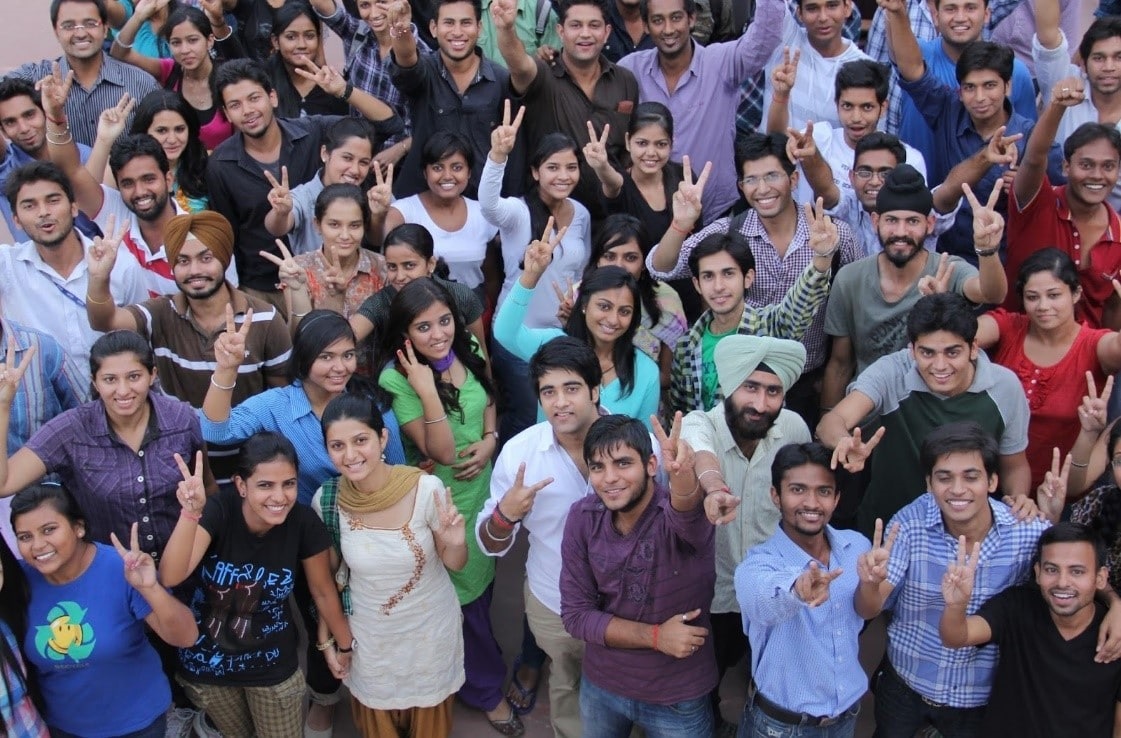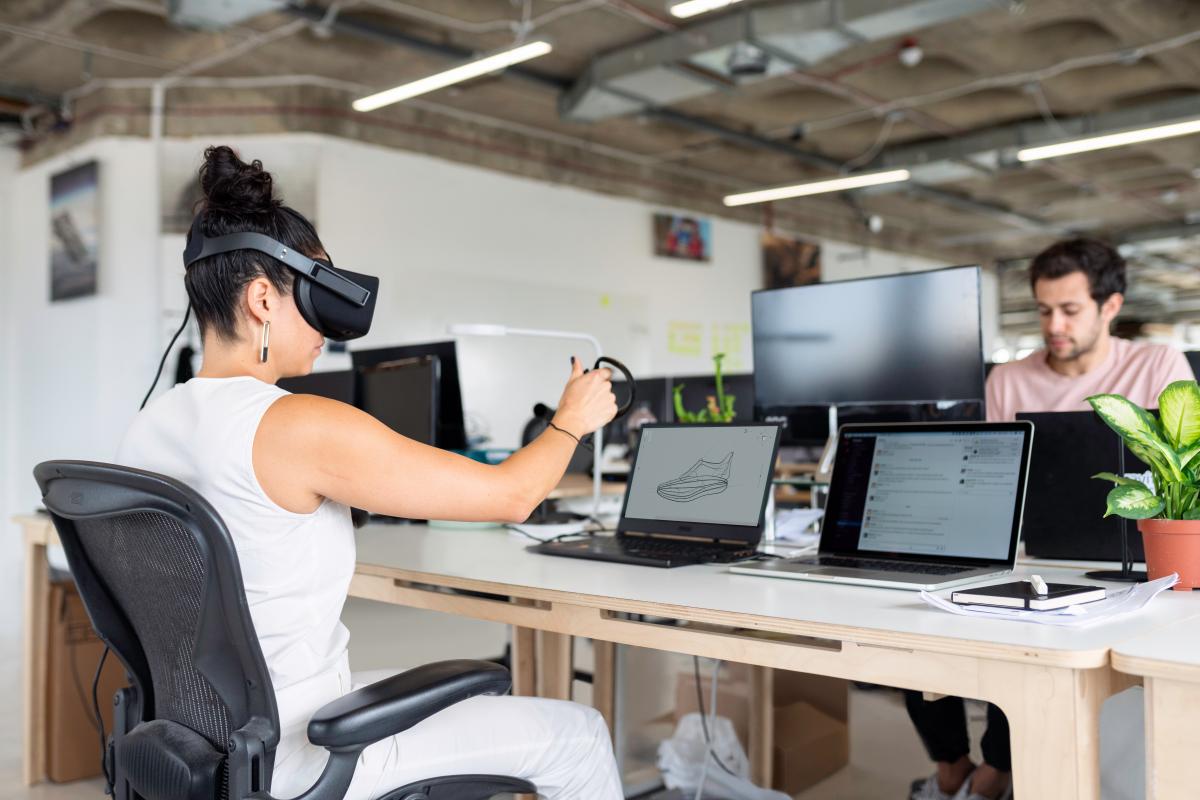Centre of Excellence for Skills
| Registrations are open for Healthcare Assistant course | |||||||||||||||||||
 |
|||||||||||||||||||
|
1. Executive Summary India is one of the youngest nations in the world, with more than 54% of the total population below 25 years of age and over 62% of the population in the working age group (15-59 years). The country’s population pyramid is expected to bulge across the 15–59 age groups over the next decade. At present, in India, the employability ratio of the skill development trainings is about 20-22% as per the National Employability Register (Engineers). India currently faces a severe shortage of well-trained, skilled workers. It is estimated that only 2.3 % of the 40 Crore strong workforce in India has undergone formal skill training as compared to 68% in the UK, 75% in Germany, 52% in USA, 80% in Japan and 96% in South Korea. Large sections of the educated workforce have little or no job skills, making them largely unemployable. The scenario worsens as we go down the socio-economic ladder. |
 |
||||||||||||||||||
 |
Despite many efforts, the skilling sector has not been able to increase the employment percentage with many national level studies across education levels showing about 20% or less of placements. Use of technology and industry collaboration have been a game changer in this regard with several skilling programs reporting better results when these are a part of the program. The proposed CoE will institutionalize these successful approaches with technology and industry collaboration to transform the skilling ecosystem at scale. The CoE for Skills would implement the latest technological advances in vocational training to demonstrate the potential of electronics and information technology to effectively skill youth at scale. Collaboration with Industry is a key element of the project wherein learning scenarios will be built to reflect the real time needs of the Industry. With the proposed CoE for skills, the efforts would be made to enhance the employability ratio of the skill development trainings. The proposal is to set-up one model CoE at NIELIT Aurangabad Centre to demonstrate the effectiveness of this approach. |
||||||||||||||||||
 |
2.Objectives i. To utilize cutting edge technology to improve learning outcomes and satisfy industry needs; |
||||||||||||||||||
3.Deliverables
|
 |
||||||||||||||||||
 |
4.Duration of the project1 Year duration from the date of approval. However, based on the impact assessment (after 1 year) and the recommendation of PRSG the feasibility for extension/ expansion may be explored. |
||||||||||||||||||
|
5. Number of beneficiaries
|
|||||||||||||||||||
 |
6.Financial SupportThe budgetary support of ₹ 108.46 Lakhs for the proposed CoE has been from Ministry of Electronics and Information Technology (MeitY) as Grant in Aid. |
||||||||||||||||||
|
7.Delivery of the Training The course will be delivered to the students in a class room blended learning mode with the aid of Augmented Reality / Virtual Reality (AR/VR) tools/kits, the Skills Alpha platform and hands-on real life practices. |
 |
||||||||||||||||||
 |
8. Infrastructure NIELIT Aurangabad provided built up space of around 1000 sq. feet for catering to 20 students at a time. The proposed CoE will create virtual learning spaces within the NIELIT campus which would include AR/VR scenarios, skilling platform & digital learning. Following R&D and Physical items are proposed to be procured for establishment of CoE within the premises of a NIELIT Aurangabad Centre
|
||||||||||||||||||
9. Governance MechanismNIELIT Aurangabad will do overall management of the CoE. A Programme Review and Steering Group (PRSG) under the Chairmanship of Group Coordinator, IP:S&ITS Division, MeitY shall be the umbrella body which will seek timely status & progress report and monitor and review the progress of CoE periodically. |
|||||||||||||||||||
10.Impact assessmentImpact assessment of the project will be done at the end of the first year by a third party. Based on the report of impact assessment and the recommendation of the PRSG the project may be extended and (or) replicated in the other NIELIT Centres and other institutes in Maharashtra State. However, MeitY’s support is currently limited to 1 year |
11.SustainabilityPast one year of operationalisation/ implementation NIELIT/ CII/ NES will evolve a model wherein funds will be raised from industry/ students/ State Government. The alumni student may act as brand ambassador for the CoE |
||||||||||||||||||
12. ConclusionThe proposed CoE will be a collaborative learning space for vocational training to be created in housed in NIELIT Aurangabad Campus. It will provide best in class teaching solutions- Learning Platform, 3D models, Augmented Reality, RFID and Virtual reality combined with active industry collaboration to immerse the student into real time industry scenarios. In the proposed CoE the students will be groomed to be efficient and innovative at their employment/ entrepreneurship endeavours.This initiative will not only transform the skilling ecosystem but also attract investment and create avenues for employment generation in the country. The proposed CoE in Skill shall be a significant step to enhance the employability ratio of the skill development trainings. This CoE will be a proof of concept for further expansion/ replications of the proposal. |
|||||||||||||||||||












